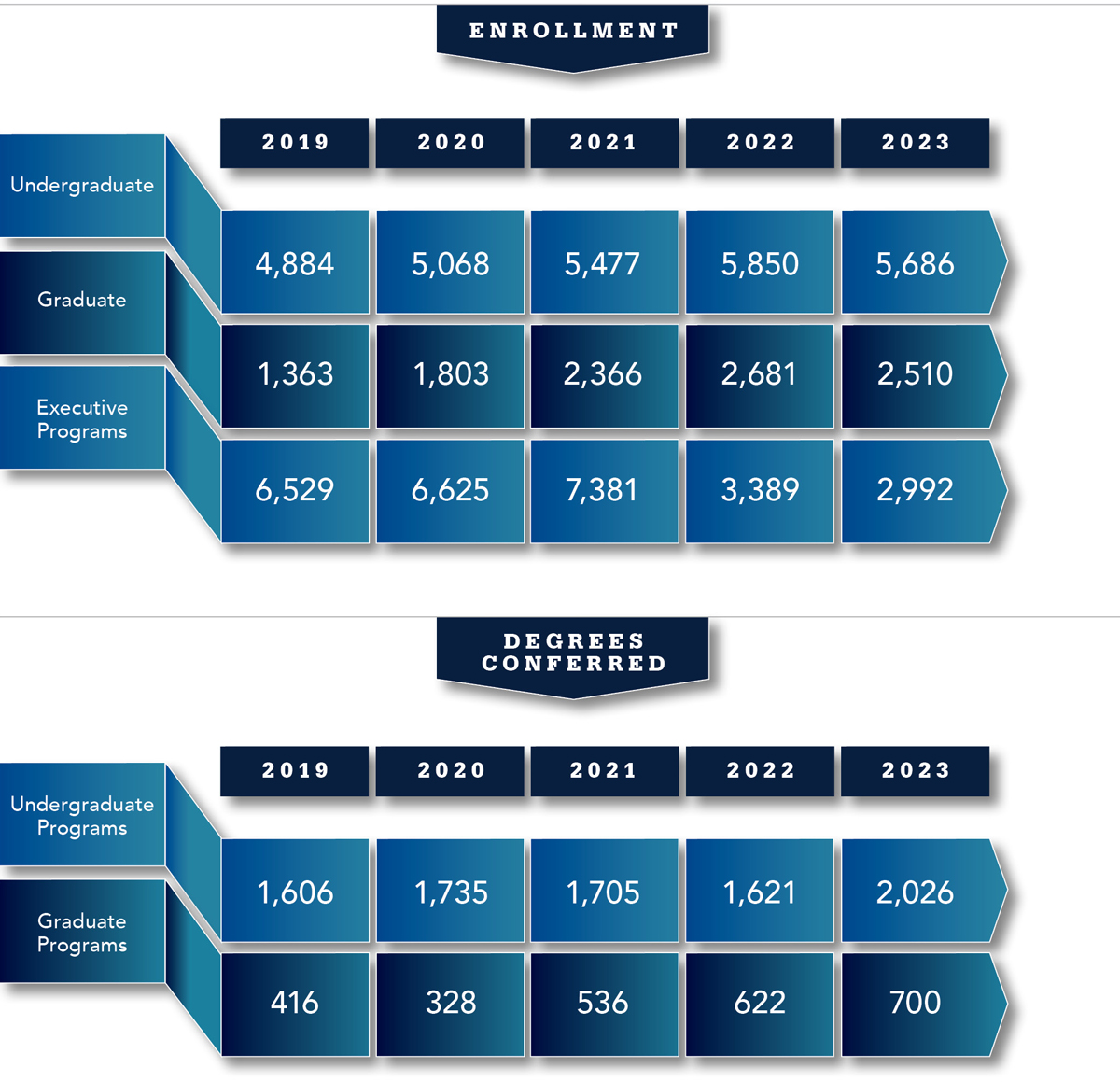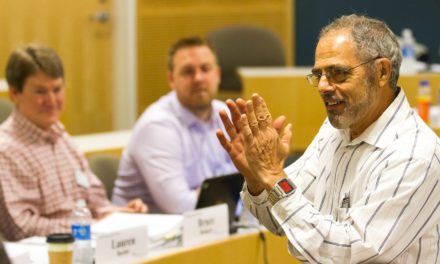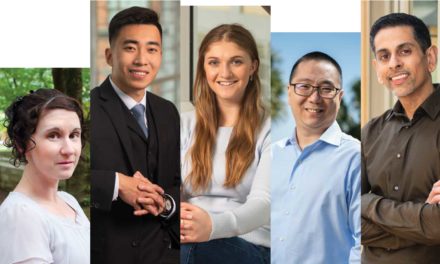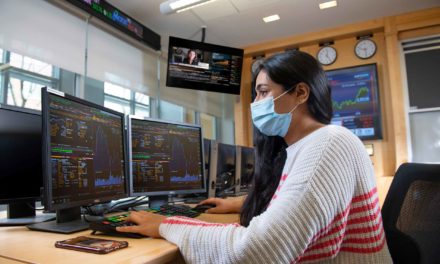Recent changes to Smeal’s graduate program portfolio are empowering busy professionals to pursue their educational ambitions.
Abby Han admits she was caught off guard on her first day by the rigorous nature of the Penn State Smeal College of Business’s new one-year MBA program. But, Han adds, she was buoyed by her classmates’ support for one another. And once she got her bearings, she realized she was prepared for what was to come.
“Part of the required undergraduate curriculum is to take an accounting course and some economics courses so we’re not seeing any of this material for the first time when we start the MBA,” says Han, who had been enrolled in the University’s Eberly College of Science BS/MBA program since her first year. “I can’t imagine coming into this program without that experience, but I know some of my classmates have.”
David Deen is one of those classmates. He’s worked in an international newsroom for the last six years. Recently, he realized he needed to make a career change.
“The news is often about problems, and I’ve been having a desire to be more about solutions,” Deen says.
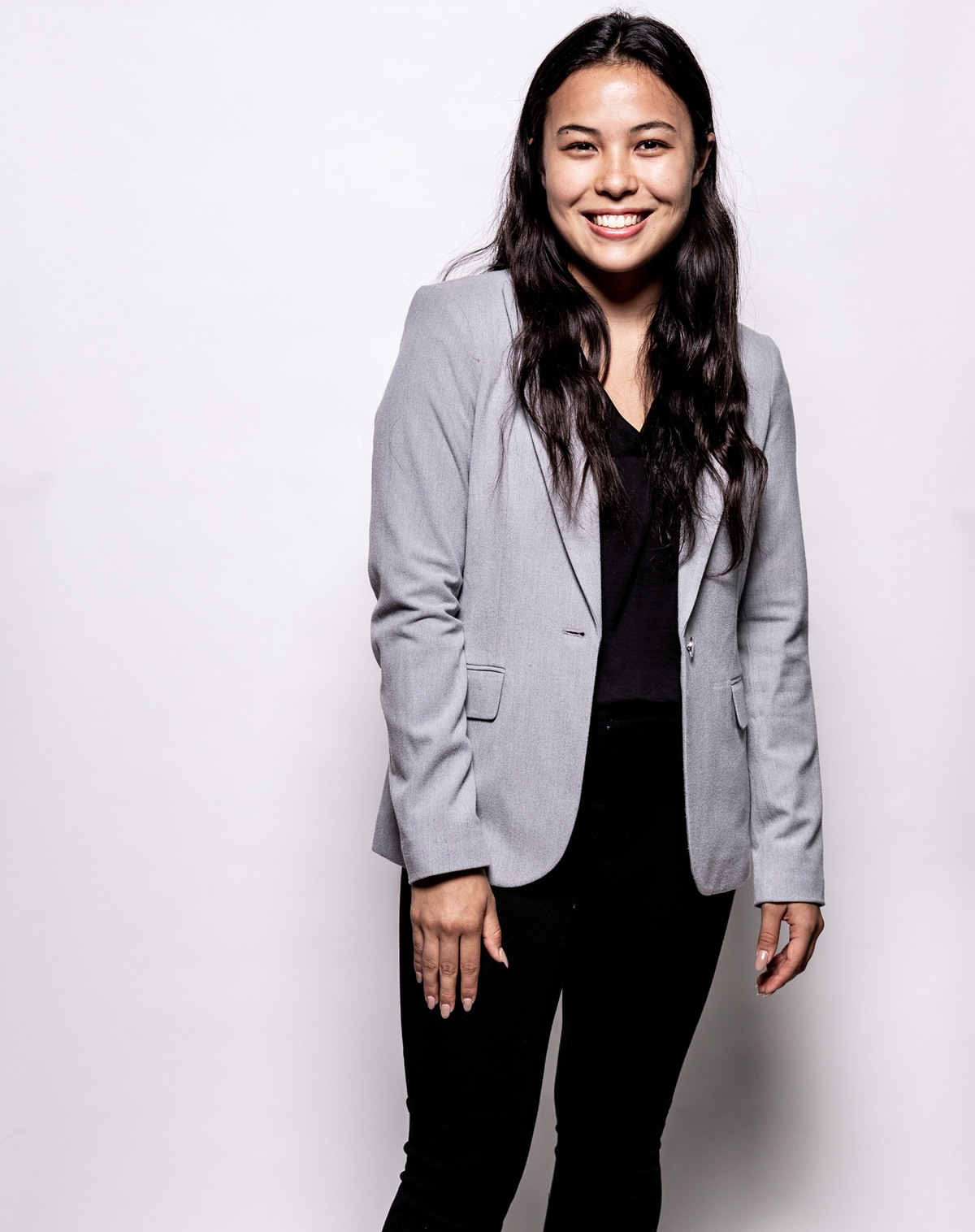
The Ontario, Canada, native earned a master’s degree in public policy and global affairs from the University of British Columbia but felt he still lacked the skills necessary to be a “decision-maker” on sustainability matters. Smeal’s reputation in supply chain education drew his interest, as did the college’s new one-year MBA, which suited his urgency to begin creating an impact.
In recounting his first couple weeks in the program, Deen likens adjusting to life in State College and the terminologies used in the courses to learning multiple new languages at once.
The contrast between Han’s and Deen’s backgrounds is emblematic of the range of experiences embodied by the one-year MBA’s first class, says Sajay Samuel, faculty director of the program.
The strong initial interest in the one-year MBA seemed to catch everyone at Smeal by surprise, but it makes sense in hindsight. The 118 students who were admitted to the program are largely in the early stages of their careers. Some have just earned their bachelor’s degree, while others have been working for a few years. The latter, Samuel says, have likely discovered that the business world can be quite siloed.
The one-year MBA program aims to provide a 360-degree perspective of the business landscape, Samuel says, providing a roadmap for new graduates and a foundation for those like Deen, who plans to leverage his newfound business knowledge into a consulting and advisory services role.
“I think this was an untapped market,” Samuel says. “The engineering student, for example, is beginning to realize that a one-year MBA could help them make a much more immediate and pronounced difference in their eventual workplace.”
Han is also planning an unconventional next step, although it’s quickly becoming less so, as traditional pathways fade away.
“I expect the MBA is really going to provide me with a broader perspective on industry,” she says. “And then law school’s going to enable me to find my particular niche in it.”

Giving the students what they want
Penn State Smeal, in September, also welcomed the first cohort of a new, three-year executive doctorate degree in business administration, which likewise elicited immense interest. Ultimately, 24 students were accepted. They are, as a group, well-experienced (the average career length is 22 years) and high-ranking. The class includes company presidents, senior executives, and organization leaders.
“The focus of the program is to overlay problem-solving at executive levels with academic research to empower them to find solutions to their actual issues,” says Jeanette Miller, faculty director of the program.
The two programs are the latest additions to a rapidly growing — and diversifying — graduate portfolio at Smeal. Since Brian Cameron was named associate dean for professional graduate programs in 2015, that portfolio has evolved from four programs and about 300 students to seven resident master’s degrees, nine online master’s degrees and 16 online graduate certificates, for which about 2,300 students are enrolled.
The through line of this growth, Cameron says, is a commitment to lifelong learning.
“We now have a continuum of programs for every career stage, from very early on with little to no experience all the way up to the DBA, which is a very senior-level program,” he says. “And we have many different programs in between, along with a range of graduate certificates that can be layered on anywhere along the way.”
While Cameron says both the one-year MBA and DBA programs were created in response to market trends, the one-year MBA, in particular, is intended to appeal to an increasingly mainstream desire by students to customize their educational options in an effort to distinguish themselves from their peers in a fiercely competitive marketplace. It’s a practice that’s become known as “credential stacking” — earning multiple degrees or credentials more quickly and cost effectively than if they were earned separately.
We’re not just taking a research course that would typically be in a Ph.D. program and throwing it into this program. The faculty are creating and adapting each of the courses according to the particular needs of the business leaders in our DBA program.
A perk for potential employers
The diversity of the inaugural one-year MBA class is unprecedented at Smeal. Nearly half of the students — 49%, to be exact – are women, the highest of any of Smeal’s graduate programs. And 16 countries are represented.
Deen says he applied to the program, in part, because it is STEM-designated. As such, it has implications for international students like him. After graduating, most international students who are studying in the United States on an F-1 student visa can acquire a one-year work visa, but afterward need to be sponsored by an employer to continue working in the country. However, students who complete a program in a STEM-designated graduate program are eligible for three years of work authorization, eliminating the need for urgent sponsorship.
“That should make me more attractive to potential employers,” says Deen, who is refining his resume and job search on a daily basis.
Reimagining the classroom
Miller described earning her own DBA as “transformational” for her career.
“It’s led me to approach opportunities and problem-solving in completely different ways,” she says.
Having studied the motivations of DBA students, Miller says it’s rarely only about career advancement.
“Most are likely not going to add another $100,000 to their base salary with this degree, or any degree,” she says. “Rather, they appear to be uniquely driven to explore further, to find solutions that are currently out of their reach.”
To ensure the program is as personalized as it can be, Miller started convening the DBA faculty more than a year ago to discuss its curriculum.
“We’re not just taking a research course that would typically be in a Ph.D. program and throwing it into this program,” she says. “The faculty are creating and adapting each of the courses according to the particular needs of the business leaders in our DBA program.”
Each student has also been paired with an adviser who aligns best with their field and planned area of research.
“That level of specialization is where we’re providing the greatest advantage to our students,” Miller says.
Learners in the Smeal Executive DBA attend four days of in-person instruction at the University Park campus at the start of each semester. The remaining curriculum for the semester is delivered in a remote synchronous format by way of advanced technology called Barco weConnect. The DBA program is the first at Penn State to use it.
Faculty teach within a dedicated studio, before a wall of same-size screens, each containing the face of a student who has connected through a web browser. The software includes a host of interactive features, multiple content streams, and data on participant engagement.
“Our leadership has identified this as an area of student interest, so we’re testing the waters,” Miller says. “I’m anticipating that it’s going to be really impactful.”
As Cameron pondered the one-year MBA and DBA programs on the eve of their launch, he was struck by how much the approach to graduate education at Smeal has changed.
“Not that long ago, we only had four siloed master’s programs,” he says. “Now the whole portfolio is integrated and among the largest in the world. The silos are gone, replaced by a new paradigm: putting the students first and empowering them to follow their own path.”
SMEAL BY THE NUMBERS
Demand continues to rise for Smeal’s programs, which are designed to meet the needs of learners of varying career stages and life circumstances.
